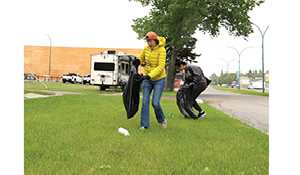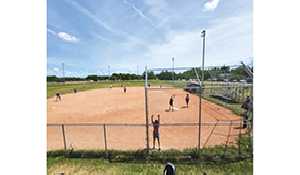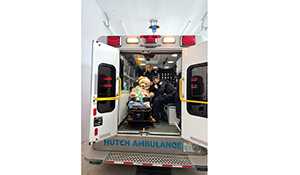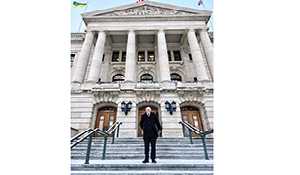Contacts per case may offer glimmer of hope
Fewer number of contacts seen as one positive sign as Manitoba numbers increase
November 24, 2020, 8:26 am
Michèle LeTourneau, Local Journalism Initiative Reporter
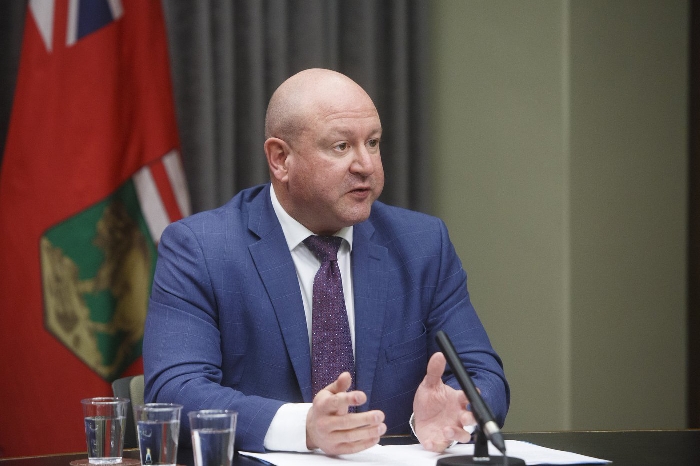

While Dr. Brent Roussin announced 543 new COVID-19 cases Monday, he also said he sees one potential positive outcome from Manitoba’s November restrictions.
“There are some early indicators that are positive. We have fewer number of contacts per case, right now, which may be an early indicator that our restrictions are having their intended benefits,” the chief public health officer stated.
Winnipeg moved to critical red in early November, while the whole province moved to red Nov. 12. The tightest restrictions have only been in effect since Friday and Saturday.
Roussin did say there are some limitations to the contact-tracing measures because all cases can’t be linked when there’s significant community-based transmission.
“But I would say that about three, four weeks ago, we were seeing an average about seven contacts per case. We’ve seen that gradually come down to four, and then some early indications — and, again, it’s an average, so it has a huge range — but down to two, in some cases,” he said.
“So we are seeing that and certainly the trend is in the right direction.”
The Prairie Mountain Health region saw 12 new cases announced Monday. The brunt of high numbers are in Winnipeg, at 368, and Southern Health–Santé Sud, at 118.
However, despite the new public health orders instituted late last week, Roussin said there were reports that a number of faith-based organizations were still holding in-person services over the weekend.
“It should be quite clear — these orders are not here to restrict your right to worship. These orders are here to save lives,” Roussin said.
“When we have a test positivity of 14 per cent, we see in some areas 40 per cent, we can’t have in-person gatherings. It puts Manitobans at risk. We’re asking everyone to follow these restrictions. We really want these in place for as short a duration as possible.”
He said such gatherings put people and the entire community at risk, and they put health-care workers at risk.
“We need everyone to follow these restrictions,” he said.
When asked if he was aware of such gatherings in Brandon or the wider Prairie Mountain Health region, Roussin said he would not, at this point, single out locations or regions.
However, enforcement officers are looking into the matter.
As he normally does, Roussin announced the updated death toll at the beginning of the daily news conference. Yesterday, he announced another seven deaths.
“Thinking about how we report these many deaths in our media briefings, reading out the list to provide some sort of honour certainly doesn’t do these people justice. Just listing them like this. The list continues to grow,” he said.
“It’s very challenging to be reading every day.”
On the first day of November, the province had a total of 75 deaths due to COVID-19. Yesterday, Roussin reported the total has risen to 236 deaths.
“In just 23 days, we’ve had 161 deaths related to COVID-19. It might be easy just to think of these as numbers, but we all know these are Manitobans,” said Roussin.
“These are people who loved, who are missed right now. We think about all of these deaths, and consider how many Manitobans are affected by this. How many loved ones, family, friends are missing these people now. We’re sending our condolences out to all those Manitobans.”
Roussin also addressed the concept of underlying conditions, and what he called misinformation about deaths related to COVID-19.
“If you look around us, look around our loved ones, think about how many people you know that have some sort of underlying condition. I think there’s some misunderstanding that just because somebody had an underlying condition that COVID didn’t have a severe impact on their life,” he said.
“Almost every death is someone who has an underlying condition. We see most of deaths are those in older age groups. Just because a person died and had an underlying medical condition, this doesn’t minimize the impact of COVID. Think of all the Manitobans that have some sort of underlying condition. They were doing just fine.”
Meanwhile, Shared Health chief nursing officer Lanette Siragusa confirmed that a strain continues to be felt in the health-care system, as hospitals continue to fill. There are 296 people hospitalized with COVID-19, a result of the daily high case numbers. As of overnight Sunday, 96 of 103 ICU beds were in use, 52 of which were active COVID-19 cases. Forty-three of the 79 patients on ventilators were COVID-19 positive.
“We continue to serve people from all demographics in our hospitals at this moment. While many people envision the elderly in our hospitals — and they certainly are there, specifically in our ICU — we also do have young children, teenagers, and a number of people in their 20s and 30s,” Siragusa said.
“We have COVID patients admitted in the pediatrics unit, in the obstetrics unit, and in the mental health unit.”
Siragusa said she was sharing that information to reinforce the reality that all are susceptible to the virus.
As well, 17 health-care workers tested positive over the past week.
Siragusa also shared efforts to staff up.
The Red River College one-week micro-training course for certified health-care assistants who can provide assistance at care homes has seen 775 applicants since the program launched last week.
“In addition to these applications received for the training, our callout resulted in 308 applications from first- or second-year health sciences students. These applicants are being screened and those who are determined to have the necessary skills will be able to work within our personal care homes very soon,” Siragusa said.
Seventy-one people were hired for the COVID-19 casual pool, including six nurses, 41 health-care aides, six medical lab assistants, 15 screeners and three administrators.
Finally, Manitoba Health approved a regulatory change last week that will enable the province’s three nursing colleges — for licensed practical nurses, registered nurses and registered psychiatric nurses — to waive or modify registration requirements.
“This will make it easier to expedite the registration of nurses who are either registered in other provinces or recently retired nurses who want to come back into the system to support this work,” Siragusa said.
“We are very encouraged by that progress.”






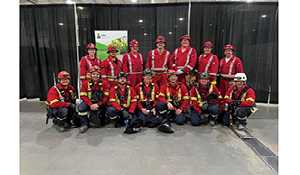








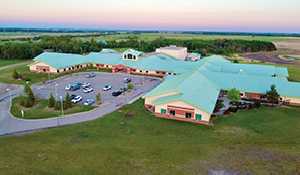

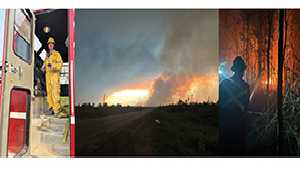
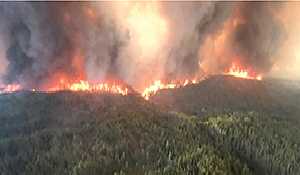

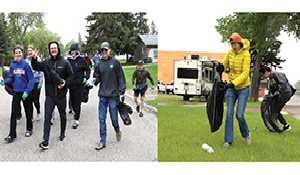


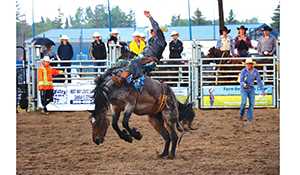
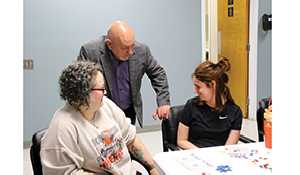
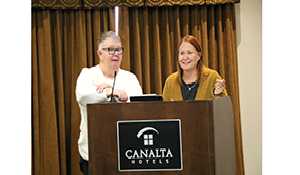

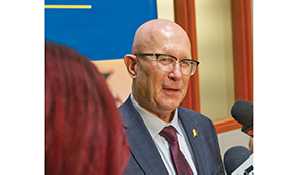
SM.jpg)
